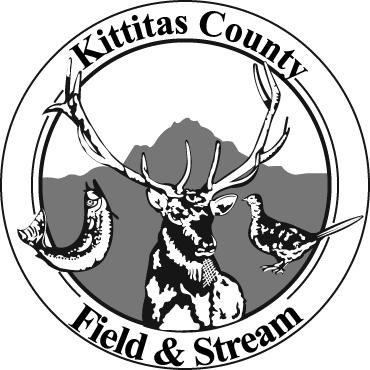We’ve been lulled into a sense of quiet about West Nile Virus (WNV) for several years. That’s probably because we haven’t had a case of it for a while; we’ve been very careful with WNV. On the other hand, this may also be because West Nile Virus monitoring for infected dead birds and mosquitoes has been severely limited as a result of trimmed resources. West Nile activity may not be found in a particular county, but the virus is likely widespread in Washington. Over the past couple three weeks, it is back in our news.
Mosquitoes in two samples collected in Yakima County tested positive for West Nile Virus; weeks earlier than over the last decade or so. This is the first sign that the virus is active in Washington this year, and statewide testing of mosquito samples and dead birds began a bit over a week ago.
WNV is much more serious for horses than for people, but being bitten by a mosquito carrying the virus is like a roll of the dice. The trick for horses and humans alike is avoiding bites. The Department of Health is asking people to take a number of steps to keep mosquitoes at bay. Use insect repellents with DEET, picaridin, or IR 3535, although some oil of lemon eucalyptus and para-menthane-diol products will also provide long-lasting protection against mosquito bites. Wear long pants and long sleeve shirts outdoors at dawn and dusk when mosquitoes are most active. Get rid of standing or stagnant water from cans, flower pots, buckets, and other containers to reduce mosquito habitat around homes and places where mosquitoes can breed. Change the water in birdbaths, wading pools, and pet dishes at least twice a week, and make sure window and door screens are as tight as necessary.
Most people bitten by a mosquito carrying WNV won’t even become ill, while others may have a mild headache and/or fever that fade away without treatment. For some, an infection will be very serious or fatal. Severe cases can include meningitis or encephalitis, and some neurological effects can be permanent. People over 50 and those with weak immune systems are at higher risk for serious problems.
WNV is found in all 48 states, half a dozen provinces and several Central American countries. Since 1999, more than 15,000 people have tested positive for WNV and more than 500 died, along with perhaps thousands of horses and hundreds of thousands of birds. Your individual odds of being infected are low and less than one percent of people infected develop serious illness, but if you are in the one percent it will mess up your whole day.
The Washington Department of Health has guidelines and information for you, should you find an ill or dead bird (or unusual numbers of dead birds) or a new mosquito pond.
1) Report the information to the Kittitas county health department or the Washington Department of Health at 360-236-3060;
2) Do not handle the bird if it is sick and still alive;
3) Pass along information about the bird (specific location, the distance to town, road, crossroad/street or landmark and your name and phone number);
4) County health staff will advise if the bird should be tested and will ship it;
5) Birds dead less than 48 hours are the best for testing;
6) If the bird cannot be reported or picked up right away, use a shovel or gloves to place it in TWO plastic bags (there is no evidence of spreading from dead birds to humans, but…);
7) Store with ice under a bucket or in an ice chest not used for food; and
8) The results of testing will be reported back to you at no charge.
Further information is available at several web sites. The state Department of Health is at www.doh.wa.gov, with current maps and info at http://www.doh.wa.gov/DataandStatisticalReports/DiseasesandChronicConditions/WestNileVirus. A list of infected species is at http://www.nwhc.usgs.gov/research/west_nile/wnvaffected.html and Washington wildlife impacts will be found at DFW’s http://www.wa.gov/wdfw/.
In Colorado, daughter Nicole continues to board horses on her acreage. Over lunch a while back, she told me that more than one of their boarded horses had died of WNV—even though she requires proof of inoculation. “Horse owners have to be on their toes all the time,” she said, “and follow up on vaccinations.”
There are vaccines available for horses. Check with your vet for vaccine availability and type, as well as its potential use or need for other animals.
And pick up a fresh supply of mosquito repellant.




